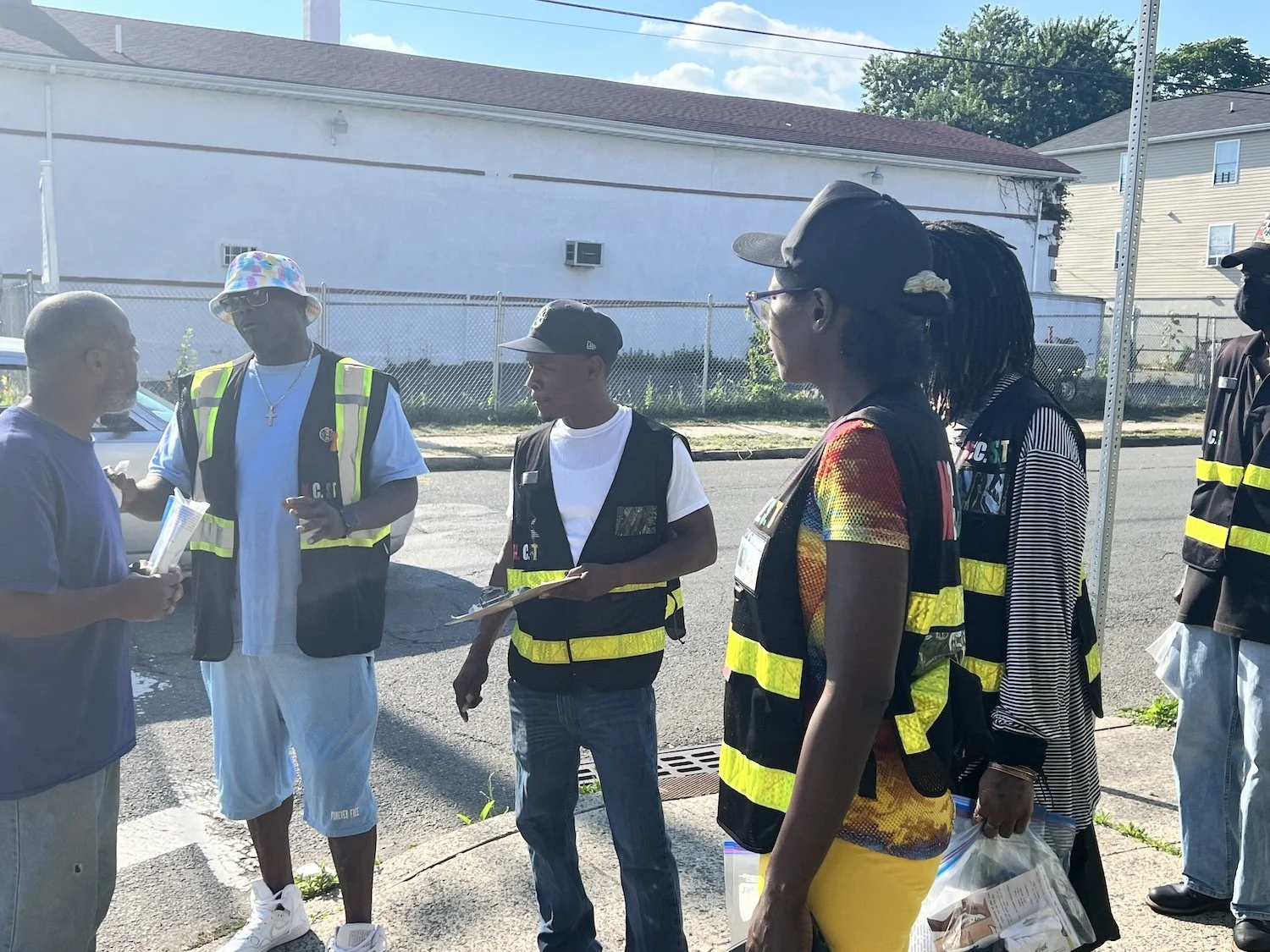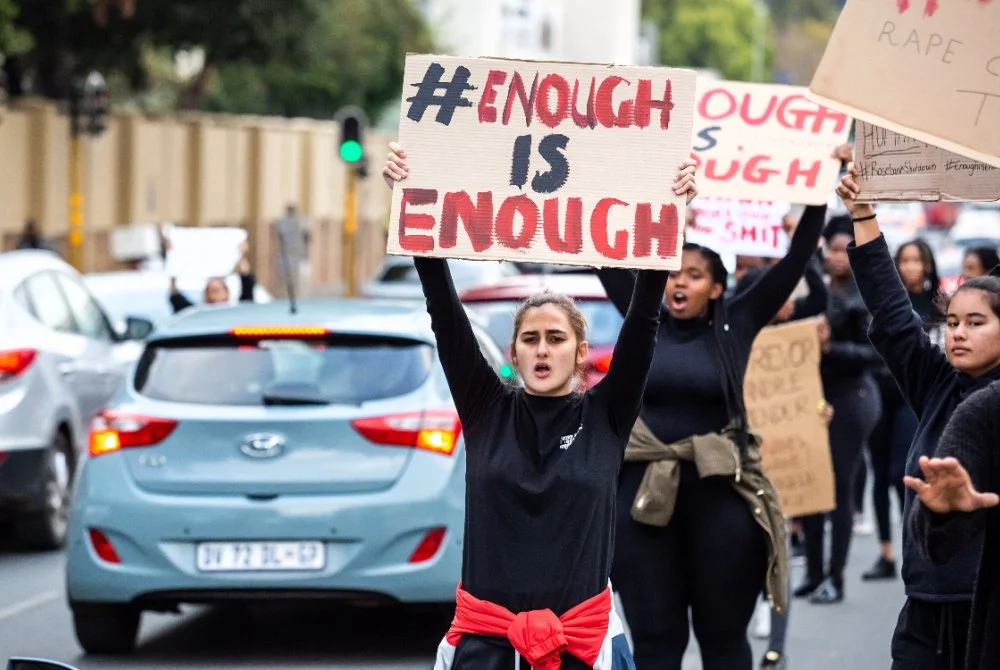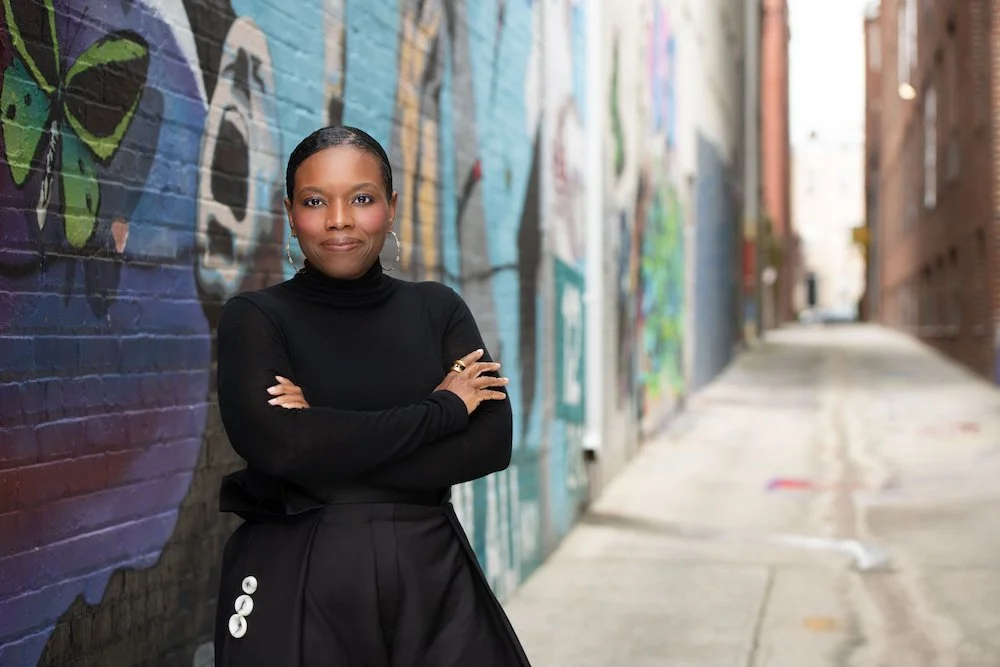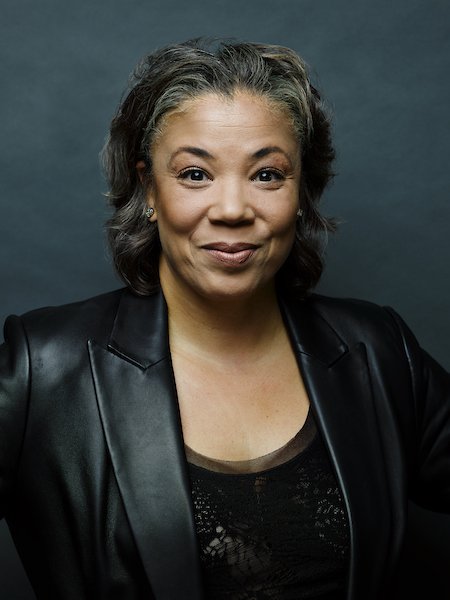A Juvenile Justice Funder Hits the Reset Button. What Happened?
/The Sierra Health Foundation is a California-based funder that describes its mission as forging "new paths to promote health and racial equity in partnership with communities, organizations and leaders." Five years ago, it began working to reform California's notoriously destructive juvenile justice reform system. Recent grantmaking and comments by the foundation's top executive reveal that Sierra is prepared to go the distance on behalf of youth embroiled with the law, but with some important changes to its approach.
The foundation was two years into its Positive Youth Justice Initiative when, in 2014, it asked three county grantees and a school district to adopt a pilot program that viewed youthful offenders through a different lens. The idea was to show probation officers the benefits of favoring rehabilitation over punishment for teens and young adults. The hope was that probation officers would give careful consideration to how and why some California counties handle young offenders differently than in the past, achieving positive results.
Alas, the court personnel only agreed to a few of the project's goals, and it took much longer than PYJI expected. During the three-year project, the probation officials came back with feedback that the juvenile justice reform effort was asking too much of officers and their bosses. The Sierra Foundation's CEO, Chet Hewitt, told me that PYJI had banked on systemic reform, working through the criminal justice players who decide how a juvenile's case is handled. The goal was for the county departments themselves to take actionable steps toward reform. Yet they were slow to act.
One grantee offered to return the $400,000 implementation grant. Hewitt and the initiative partners found themselves "disappointed where we ended up," he said. That was a turning point for the justice reform campaign run by Sierra. Instead of operating within the courts, the Positive Youth Justice Initiative decided to go outside the system and partner with community-based advocates and families with a child in the juvenile court system.
This initiative hadn't crossed our radar until April's announcement about a new direction for its grantmaking. Its latest funding aims to engage community-based groups in 11 counties that work outside the system. PYJI favors a rehabilitation approach that involves helping youthful offenders stay in school and build job skills building, as well as making sure teens don't fall through the social service gaps. It pushes the justice system to change how it treats juveniles, pointing to brain science that shows adolescents don't have the capacity of adults until their mid-20s. And it raises questions about equity across the juvenile justice system, asking why less-populated San Joaquin Valley incarcerates more youths than metropolitan San Francisco or Orange County. It also asks if the California system fairly treats boys and girls of color, and if the data about incarceration supports this.
When I asked the PYJI staff for examples of reforms that have made a difference around the state, they shot back plenty of them. In the Vallejo City Unified School District, youth under supervision of county probation have access to mentoring, job placement and case management by a Positive Youth Justice Initiative liaison. San Joaquin County Probation Department received an award to address racial and ethnic disparities within its system.
A broader goal, here, is to fuel the growing political will in California for justice reform. The voters appear ready for it, evidenced by the support for Prop. 57 in November. The overarching goal of the ballot measure was to reduce adult prison populations. The voters signed off on a provision that juvenile-court judges — and not the district attorneys — should decide whether a minor is tried as an adult. This removes the political and public pressure from court proceedings, particularly in law-and-order counties with some of the higher youth incarceration rates in California.
The Positive Youth Justice Initiative expects to stay in this lane for three years, and hopefully longer. PYFI's other funders include the California Endowment, the California Wellness Foundation and the Zellerbach Family Foundation. The third round of funding for 2017-2018 will distribute $1.3 million.
This effort is hardly alone in questioning how juvenile justice is practiced in the United States, particularly when the offenders are black or Latino, poor, and in foster care. These factors make it harder for young people to finish their education, find employment, and reach their potential as adults, the reformers argue. They're asking courts to be fair, patient and to exercise leniency.
The Tow Foundation is another funder in this space, working mainly in New York and Connecticut. Among other things, it believes the media can be messengers for this change, and supports training and conferences for journalists and bloggers.
Meanwhile, of course, Annie E. Casey Foundation has long been a major anchor funder of juvenile justice reform work. Recently, it published a report looking back at 25 years of work by its Juvenile Detention Alternatives Initiative, which is described as "the most widely replicated juvenile justice reform initiative in the United States, reaching youth in more than 300 local jurisdictions across 39 states and the District of Columbia." The study found that participating sites in JDAI "have achieved significant and — in many cases — long-lasting reductions in rates of juvenile incarceration and juvenile crime." The MacArthur Foundation has also made important contributions to this field over the years, including work that provided policymakers and courts with actionable steps to align their procedures with new understanding about how teens' and young adults' brains work.
Sierra Health Foundation's own approach to this issue has been informed by its broader vision of creating a "healthful life for Northern Californians." The goal, here, is much bigger than lowering the youth prison population. "Not being in jail is a pretty low bar for children," CEO Chet Hewitt says.
Related:







































